A century of truth: leaders, decisions, and the fate of the people
The 20th century was a time of trials and tremendous change in Uzbekistan’s history. Our people transitioned from being a colony of Tsarist Russia to becoming part of the Soviet system, and later achieved independence. During this journey, various leaders guided the country, each leaving a mark on history through their political views, decisions, and practical actions.
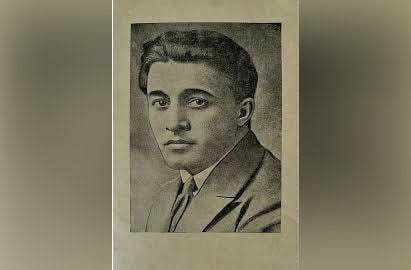
Fayzulla Khojaev (1924–1937)
One of the leaders of the Jadid movement, Khojaev made significant contributions to the development of education, industry, and foreign policy. He opposed Moscow’s cotton policy and the violent collectivization campaign. During the 1937–1938 purges, he was unjustly accused and executed.
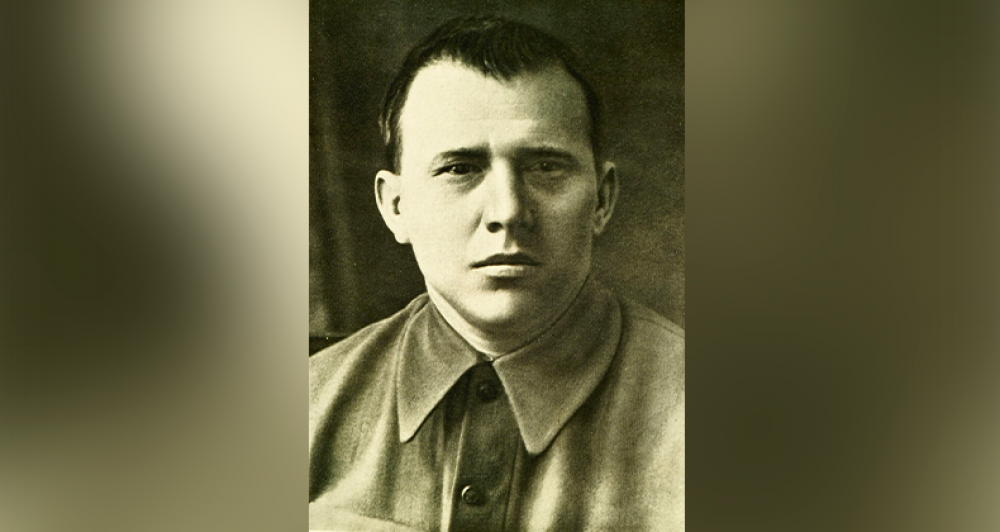
Akmal Ikramov (1929–1937)
As the First Secretary of the Central Committee of the Communist Party of Uzbekistan, Ikramov oversaw land and water reforms and industrial construction. He too became a victim of the 1937 political repressions.
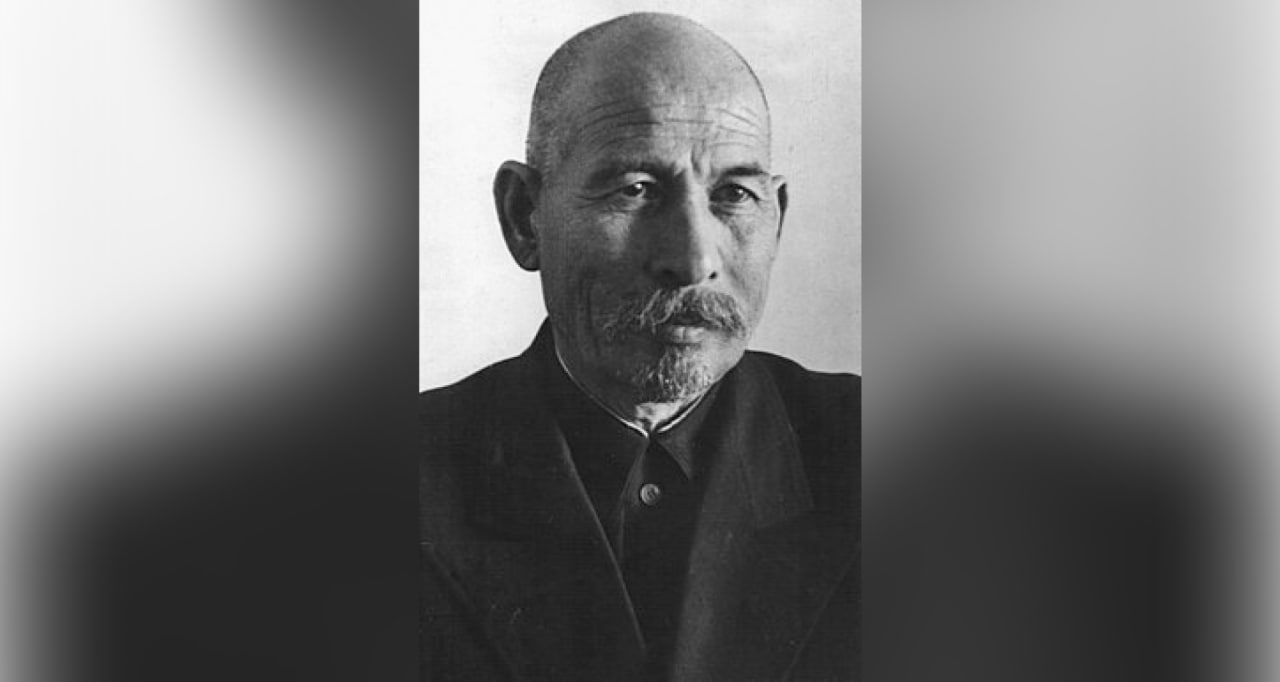
Yuldash Akhunbabaev (1925–1943)
One of Uzbekistan’s first leaders, Akhunbabaev supervised the adoption of a new constitution and led efforts to supply resources to the front during World War II.

Usmon Yusupov (1937–1950)
He played a key role in constructing the Great Fergana Canal and major industrial facilities. During the war, he actively participated in launching the enterprises evacuated to the republic.
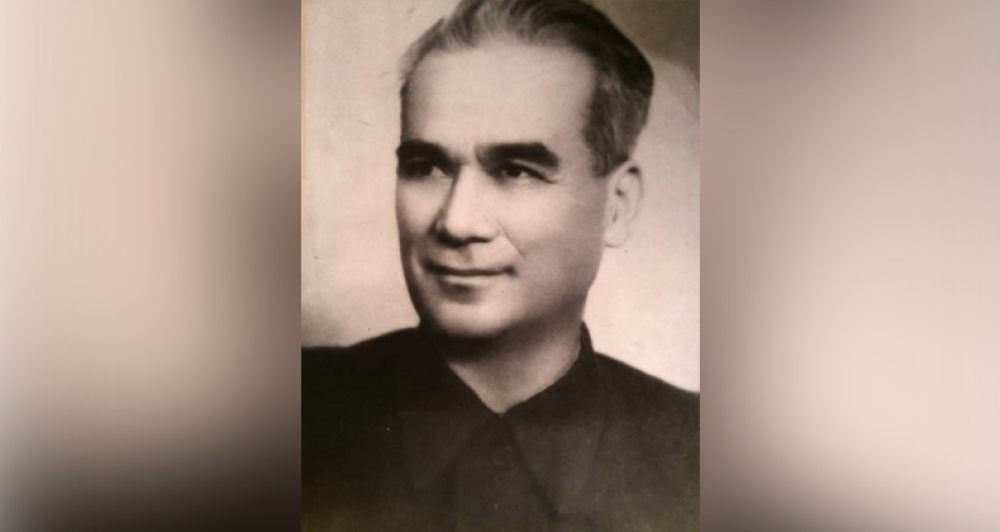
Amin Niyazov (1950–1955)
Niyazov initiated major projects in industry and energy. However, his era was also marked by political repression and persecution of the intelligentsia.
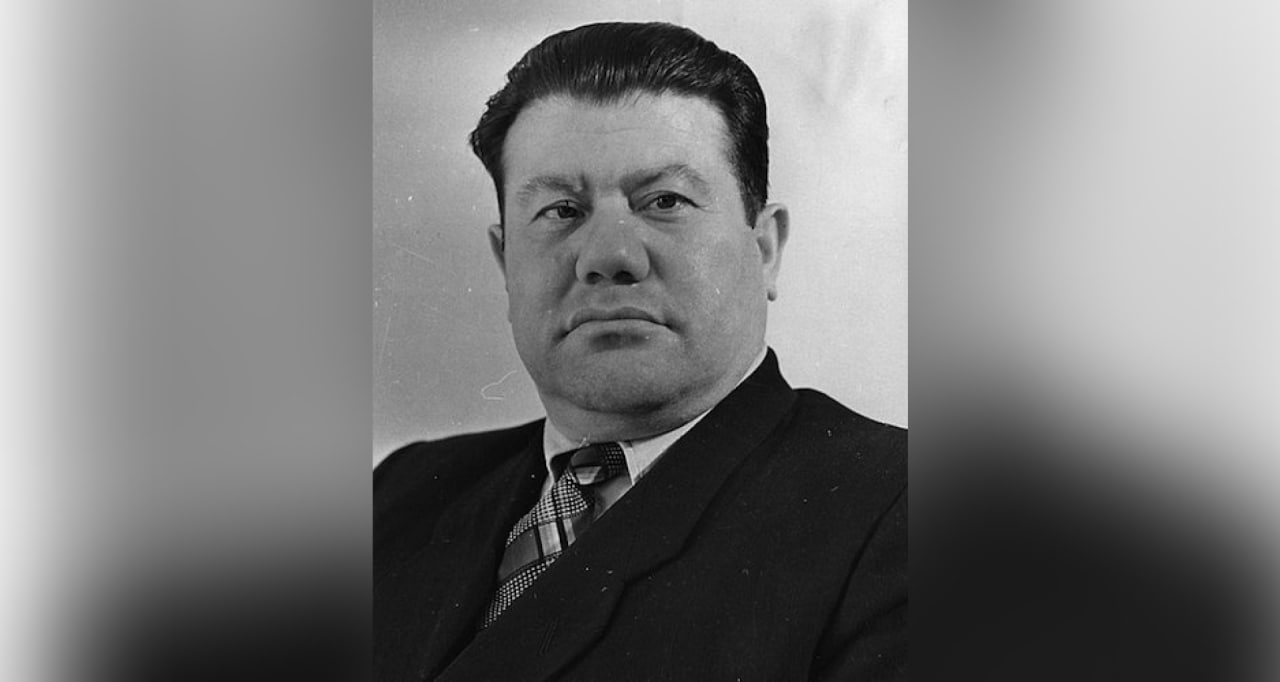
Sobir Kamolov (1957–1959)
Kamolov attempted to promote the localization of personnel and revive national traditions but was removed from office under Moscow’s pressure.

Sharof Rashidov (1959–1983)
Following the Tashkent earthquake, Rashidov led the reconstruction of the capital, the construction of the metro and industrial plants, and the development of the Muruntau gold mine. He also played an active role in international political negotiations.
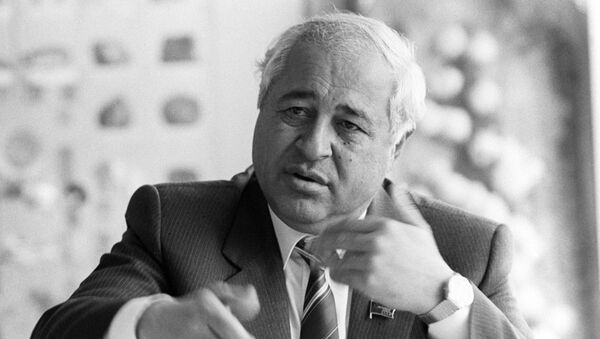
Inomjon Usmonxo‘jayev (1983–1988)
He governed during the peak of the fabricated “Cotton Affair” and “Uzbek Case” accusations.
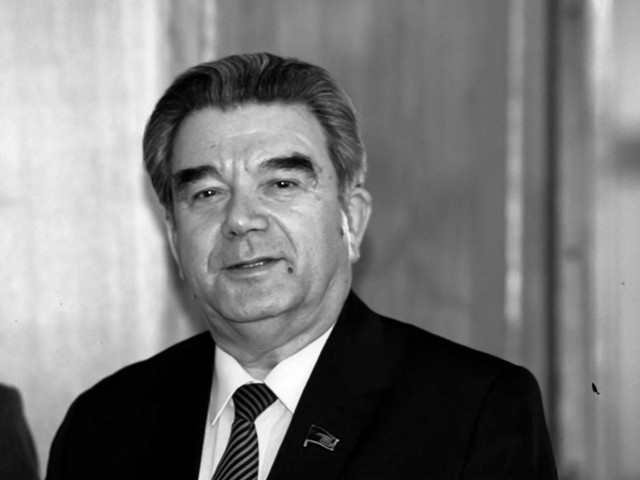
Rafiq Nishonov (1988–1989)
During the Perestroika period, Nishonov faced severe socio-economic problems and was unable to implement substantial political reforms.
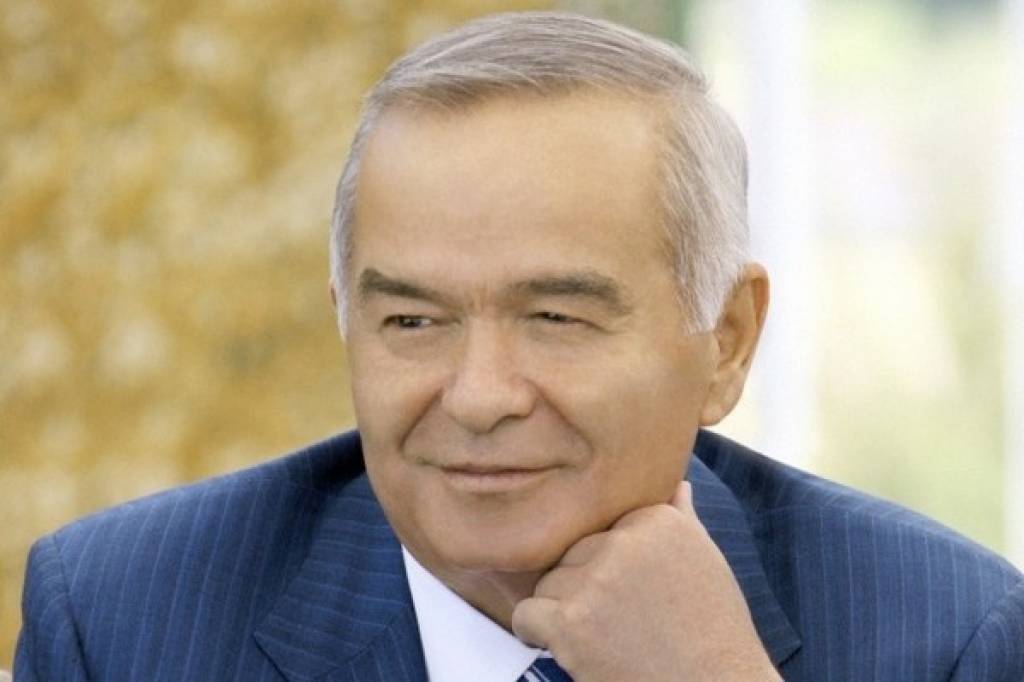
Islam Karimov (1989–2016)
Karimov entered history as the founder of independent Uzbekistan. Under his leadership, the new Constitution was adopted, and the country’s independence was recognized internationally.
All these historical stages are represented in the “Uzbekistan in the 20th Century” section of the exhibition at the Center of Islamic Civilization. Through documents, artifacts, and multimedia projects, visitors can deeply experience the spirit of that era.
Shahnoza Rahmonova
P/S: The article may be used with reference to the official website of the Center.
Most read
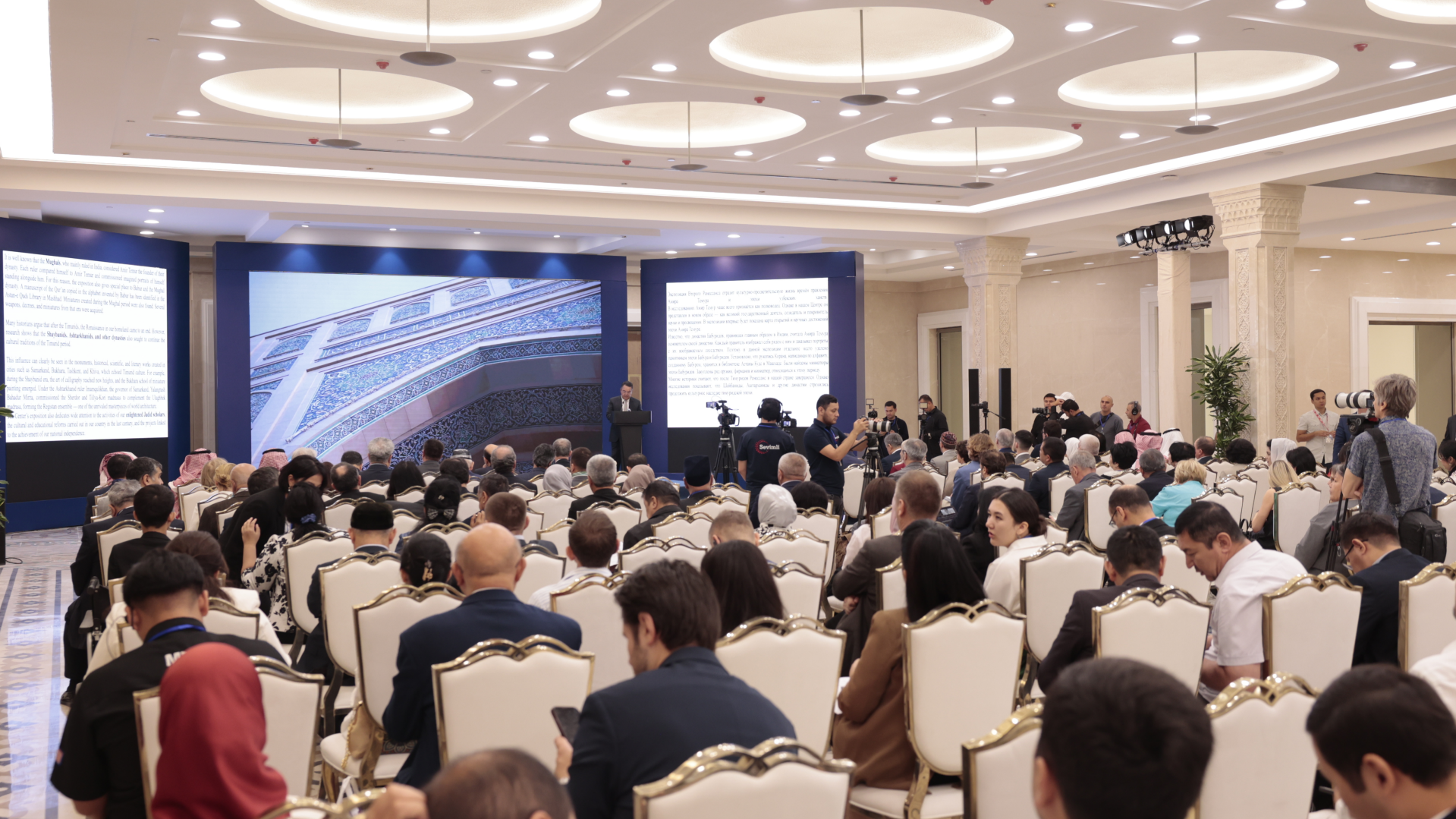
Over 100 experts from more than 20 countries of the world are in Tashkent!
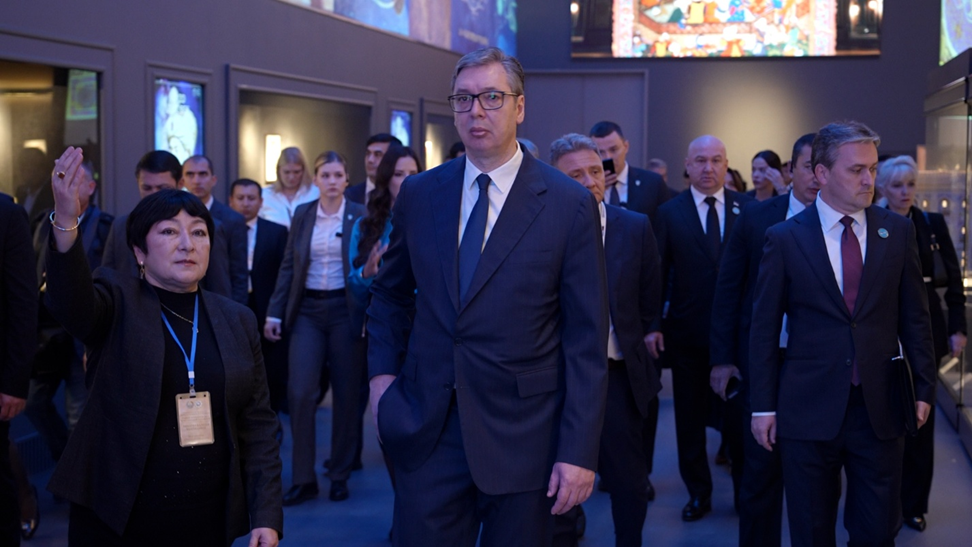
President of Serbia Aleksandar Vučić visited the Islamic Civilization Center in Uzbekistan
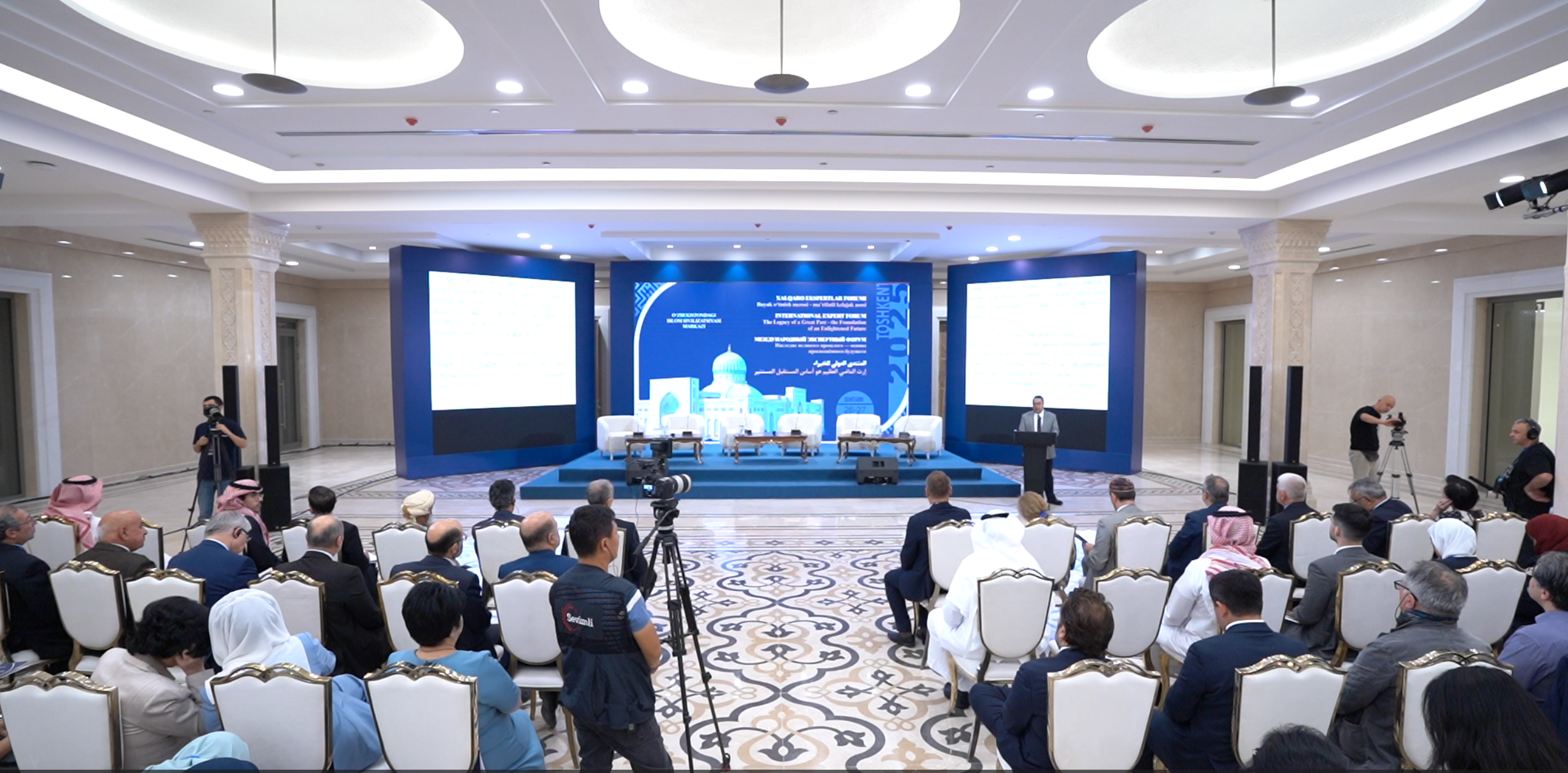
The Center for Islamic Civilization – a global platform leading towards enlightenment











